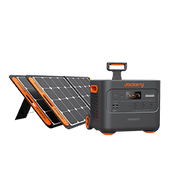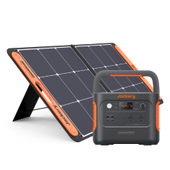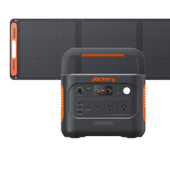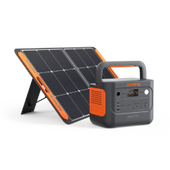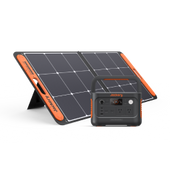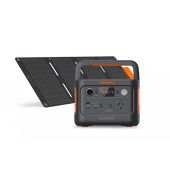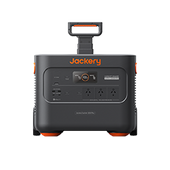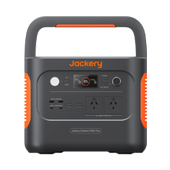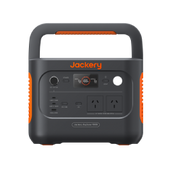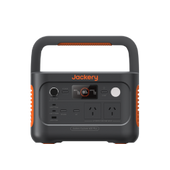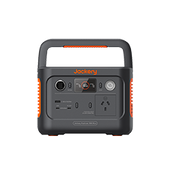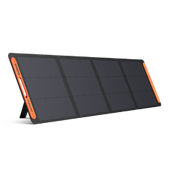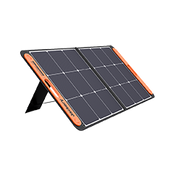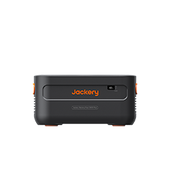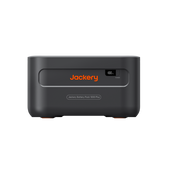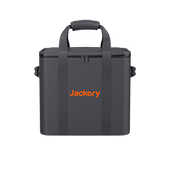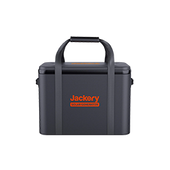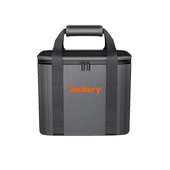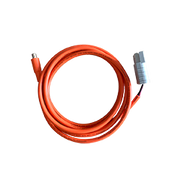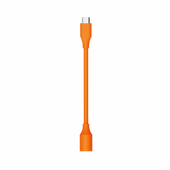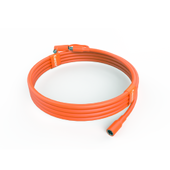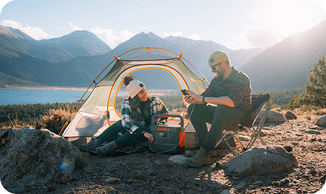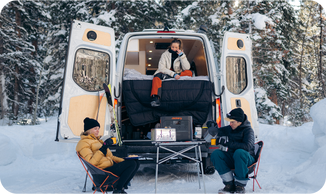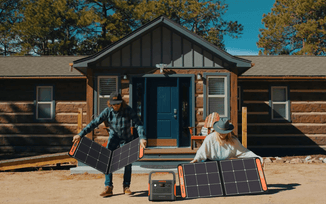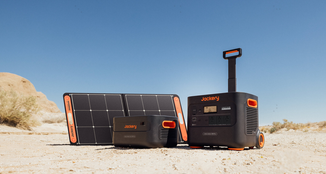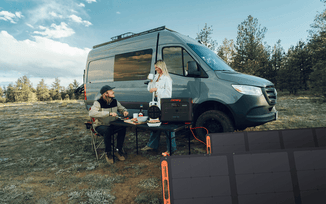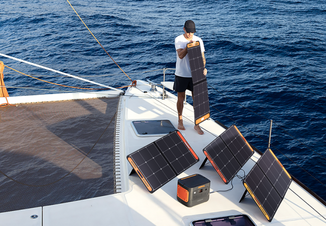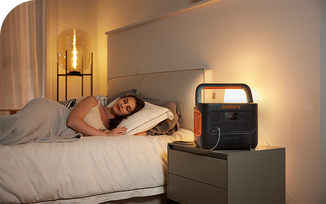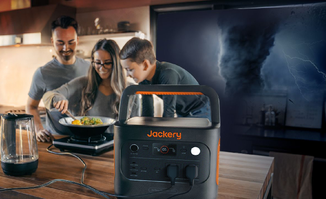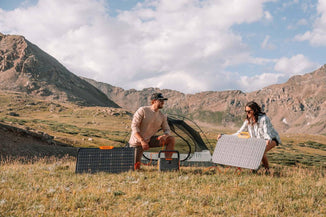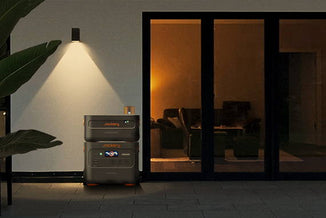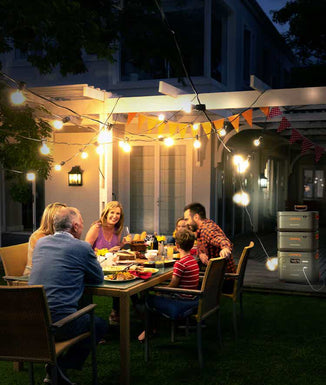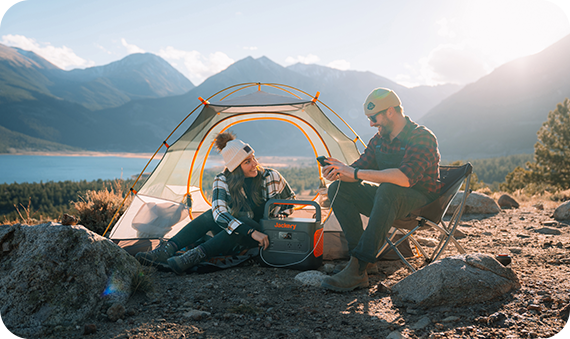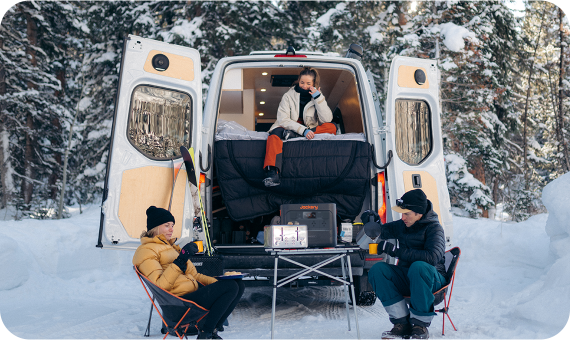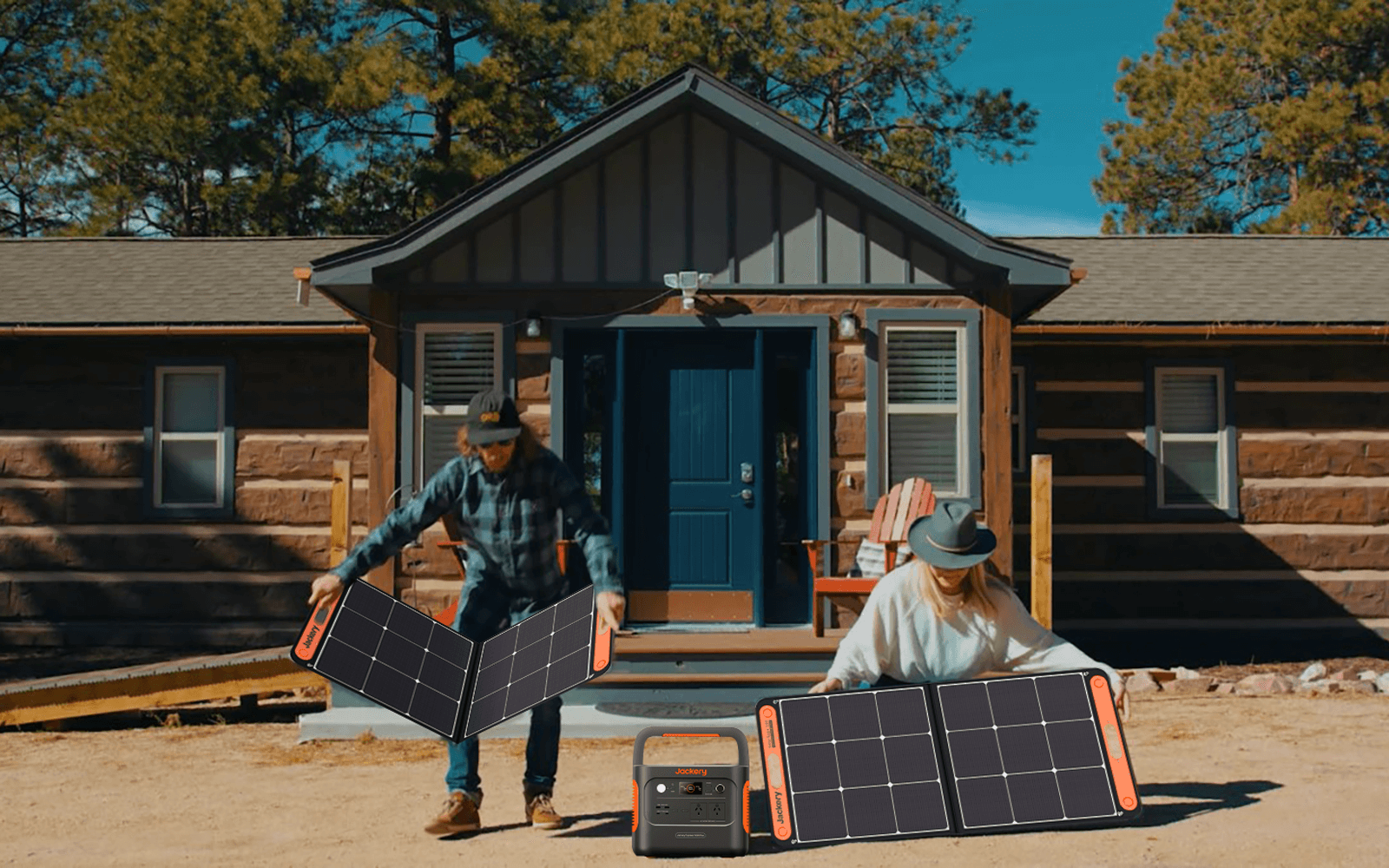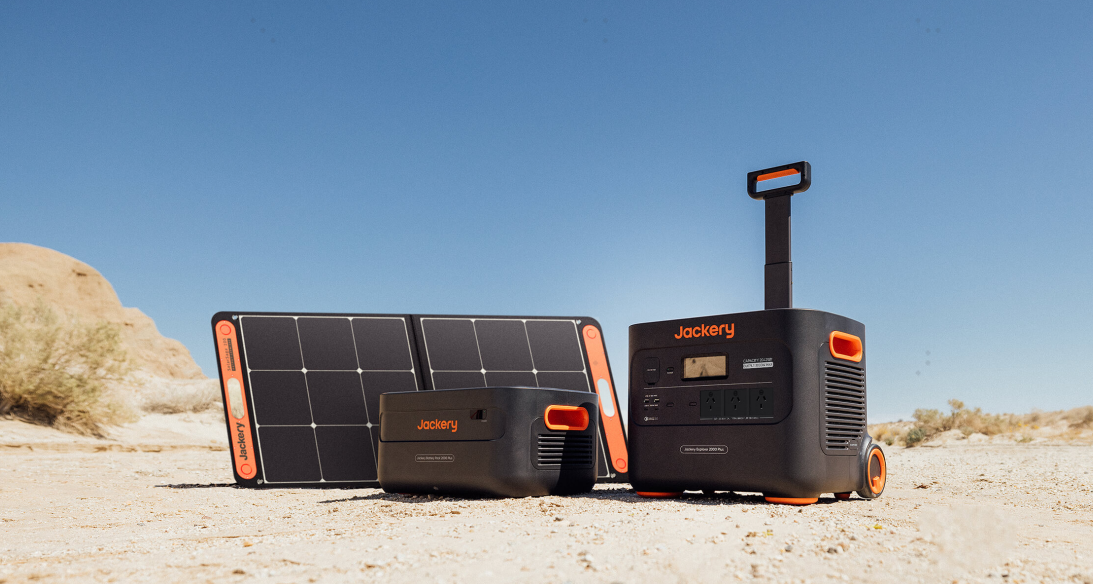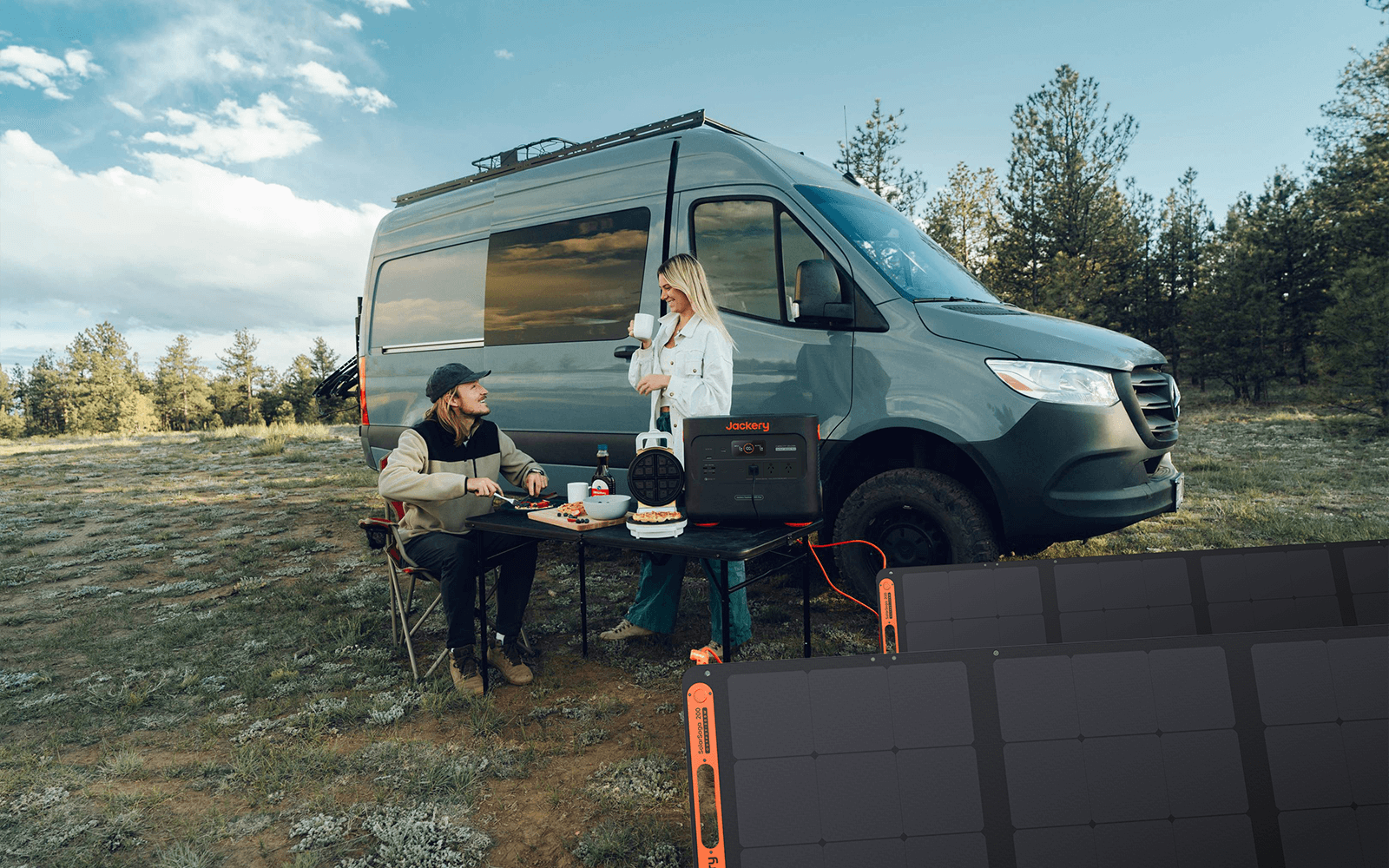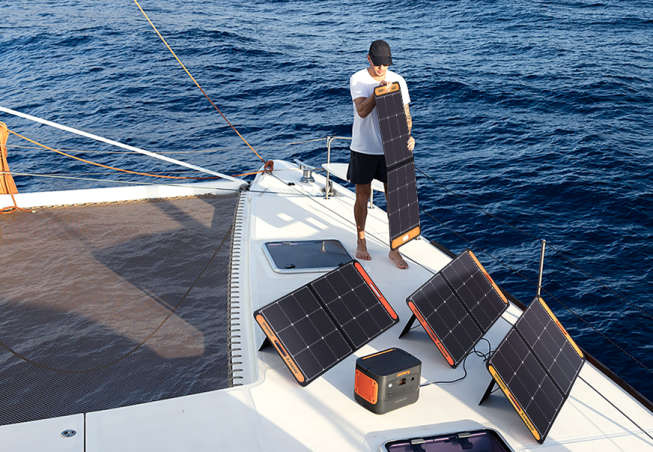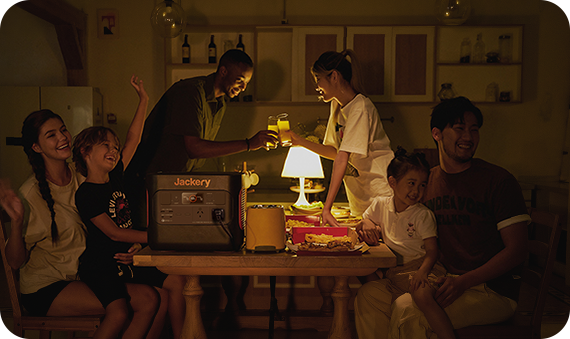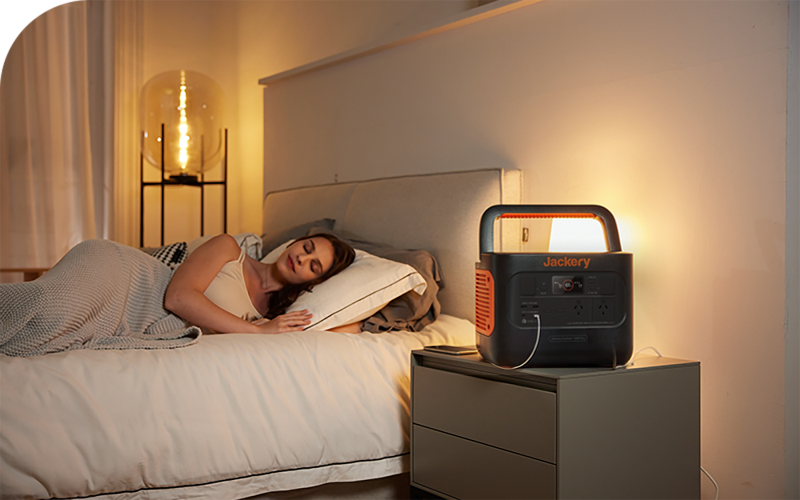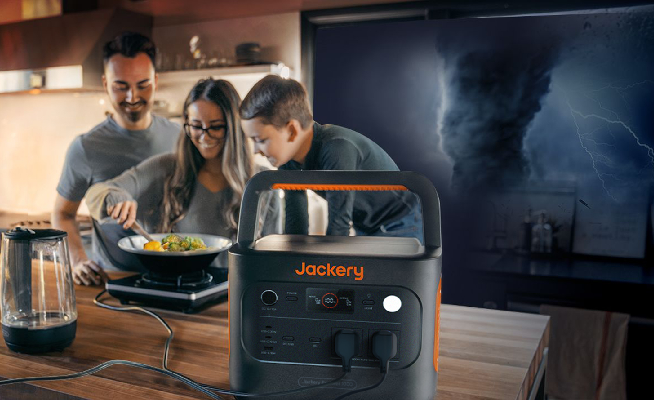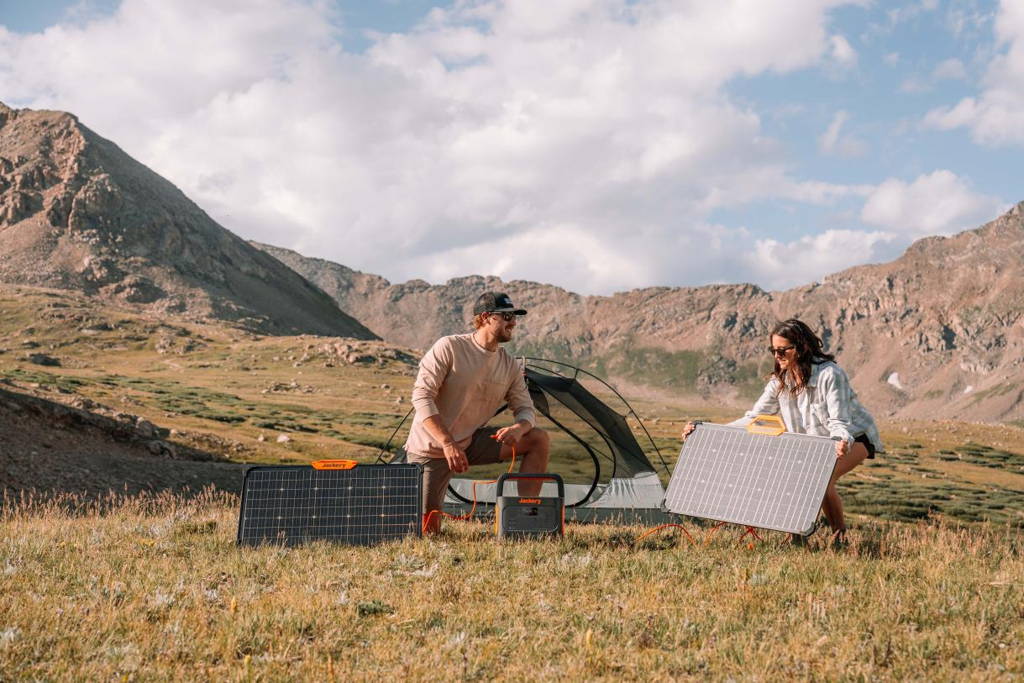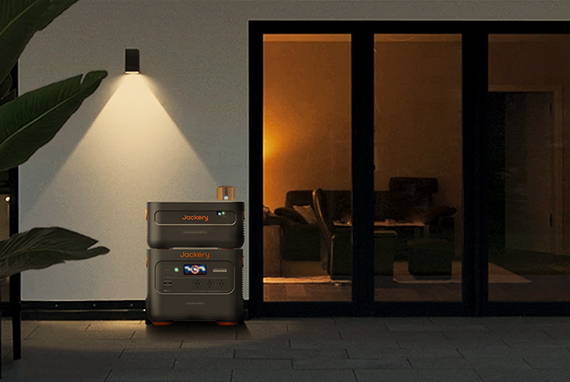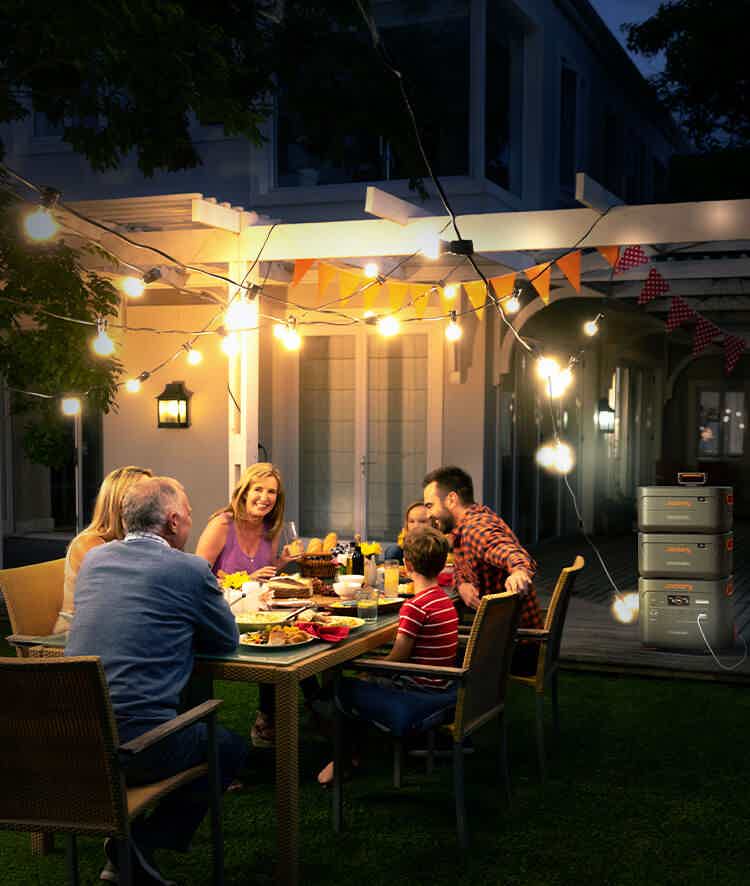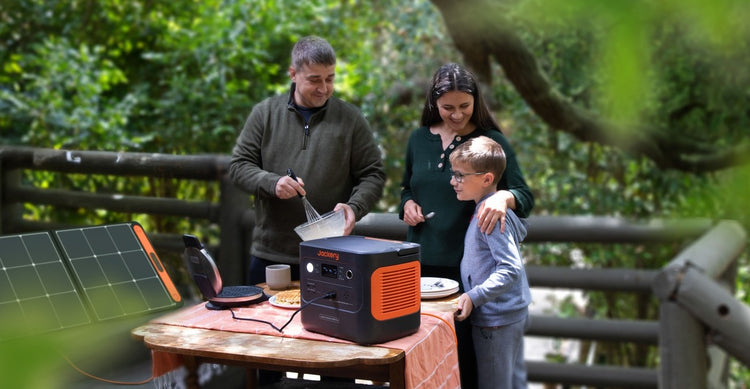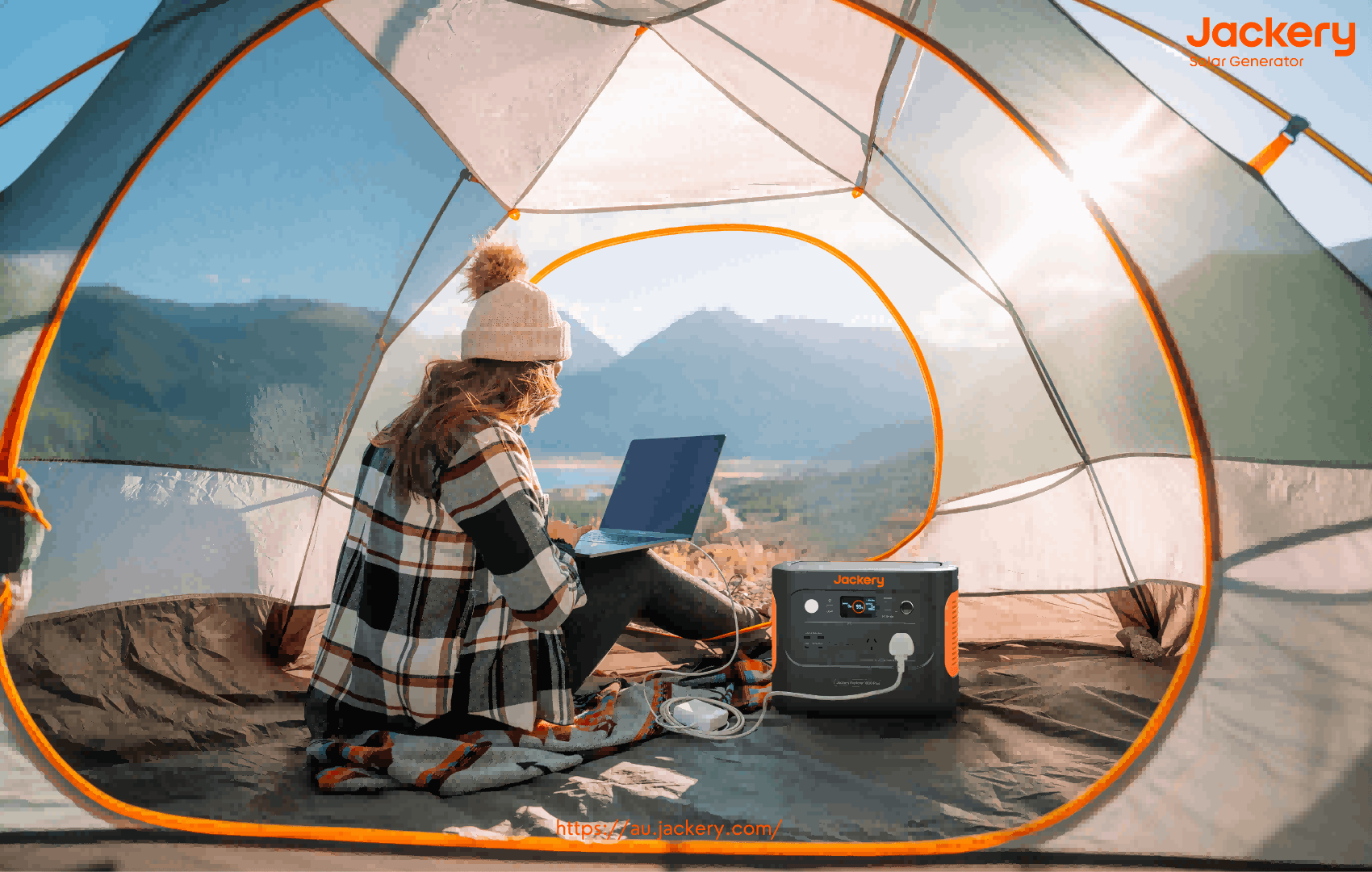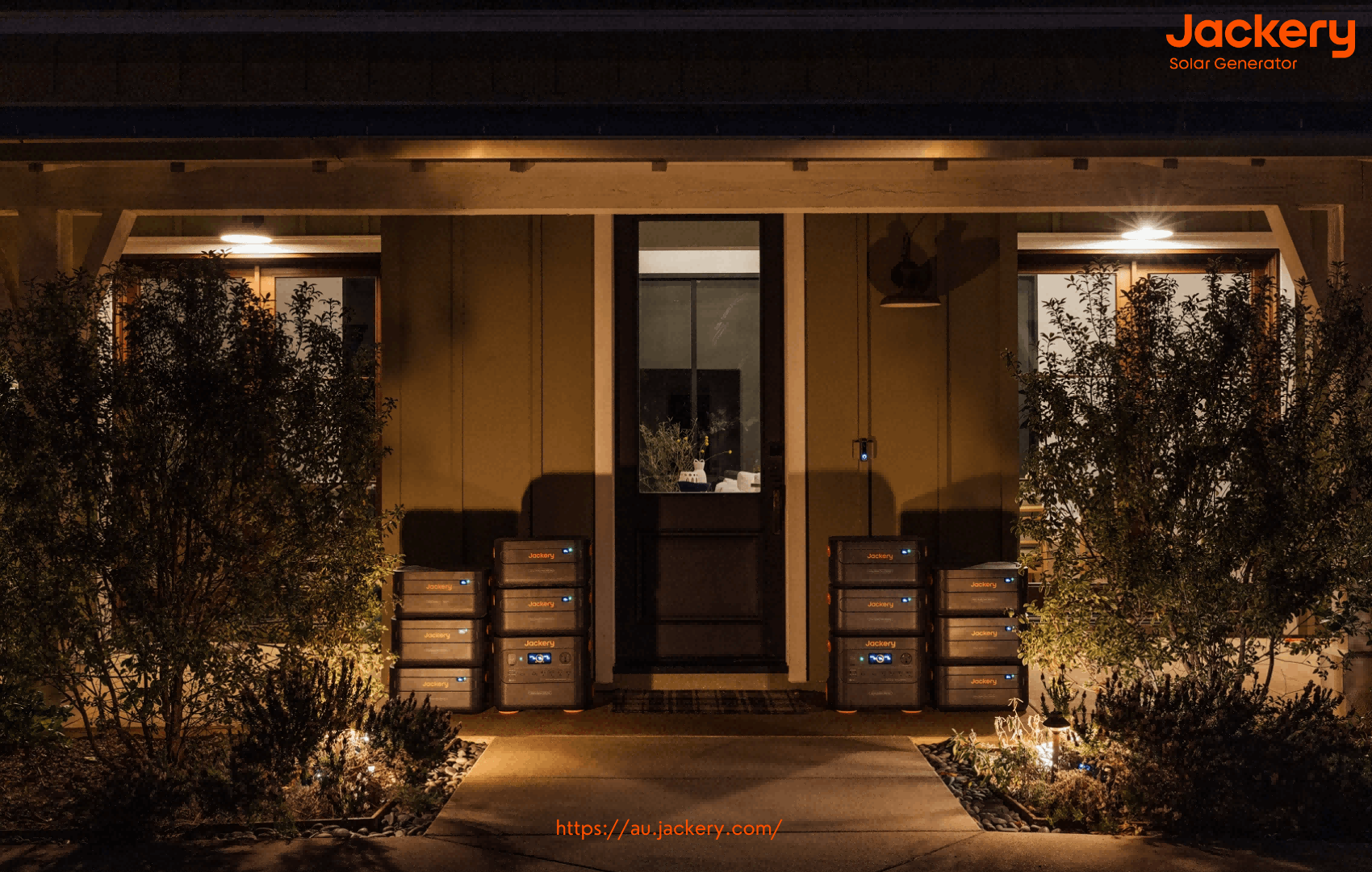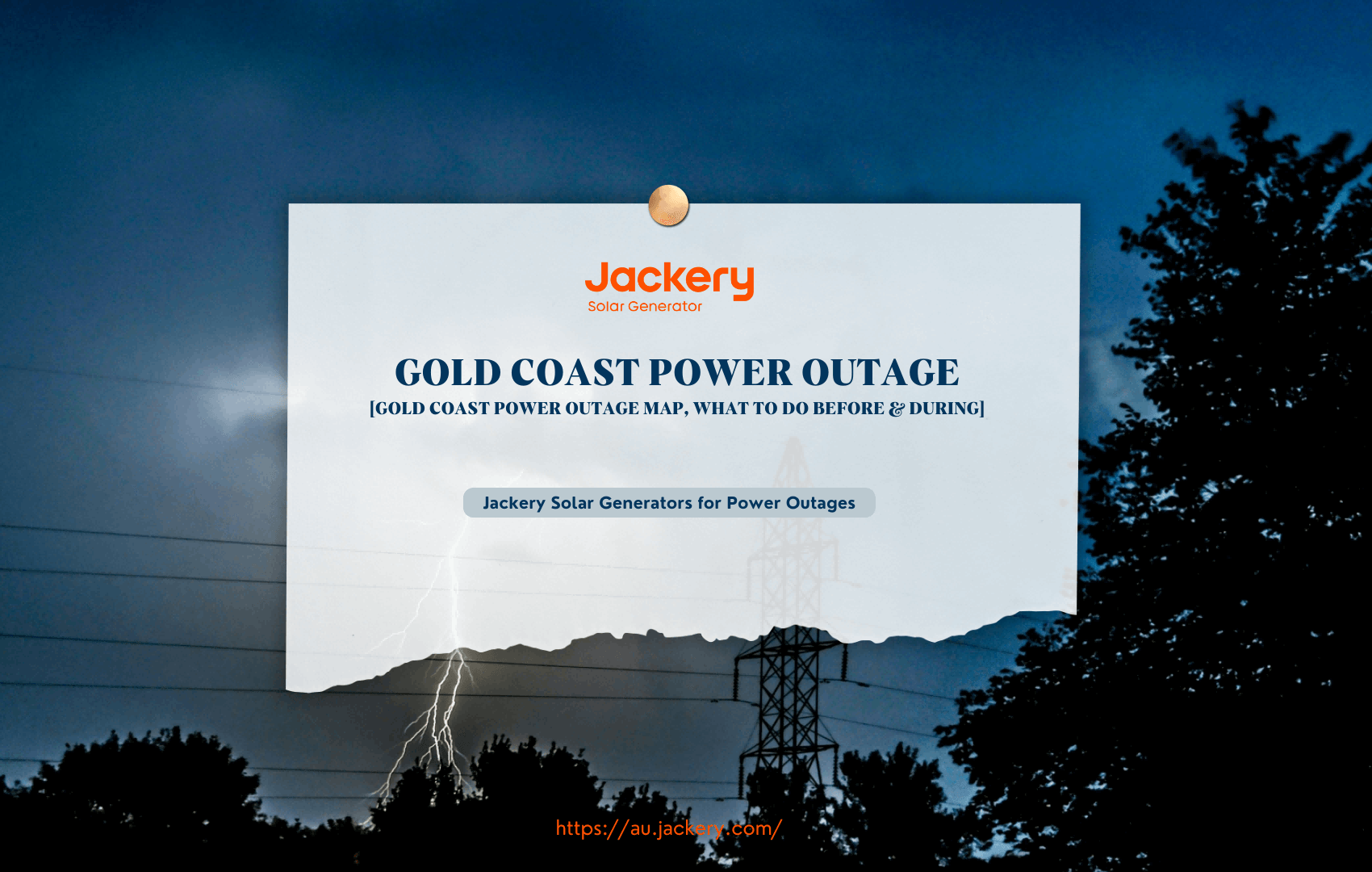The Role of Electricity in Camping
Many people often wonder what's the role of electricity in camping? If you have the same question, here's a detailed analysis of camping power needs:
1. Lighting and Navigation Equipment
Firstly, you need electricity to power your lighting equipment, including rechargeable lights for exploring nearby spots and fairy or LED lights to illuminate the camp beautifully. In addition, your navigation equipment, like GPS systems and electric compasses, also requires electricity for operation so that you can find your way in the wilderness without any issues.
2. Electronic Devices
Going on a camping adventure doesn't mean you have to stay disconnected from the outside world. Instead, you should carry your smartphone, cameras, and other electronic devices to document your experiences and chat with your friends. Remember that all these devices also require a consistent and stable power supply, making it mandatory for you to carry a portable power bank.
3. Cooking and Refrigeration Equipment
When you are camping with your loved ones, cooking a meal together can bring everyone closer. However, for a smooth cooking experience, you need electricity to power electric stoves and ovens. You also need to run refrigeration devices, such as mini coolers and fridges, to keep your drinks cold and food safe during long trips.
4. Entertainment Devices
Playing music aloud on speakers to jam to your favourite tunes or watching a movie on a projector are great ways to enjoy your camping experience. Nonetheless, these activities require a reliable electricity supply to make your memories around the campfire more memorable.
The Common Causes of Power Outages
There are many reasons behind power outages in Australia, such as:
1. Adverse Weather Conditions
One of the significant reasons behind power outages in Australia is adverse weather conditions.
Strong winds can sometimes knock down power lines and cause trees to fall on electricity generators, leading to power outages. In addition, heavy rainfalls can further weaken the grid infrastructure and prohibit repair crews from reaching the spot.
A recent example[1] of this occurred in Victoria on February 13, 2024, when severe storm activity, strong winds, lightning, and resulting fire danger caused falling trees to damage the electricity network. This event left approximately 500,000 customers without electricity, highlighting how severely weather can disturb electrical systems.
2. Insufficient Infrastructure in Remote Areas
Unfortunately, many areas in Australia still lack proper electrical infrastructure due to delays in transmission lines tied to wind and solar farms[2]. NSW and Victoria are expected to face power outages in summer due to these delays. So, if you are camping in these locations, it's a must to carry your portable power bank to avoid any inconvenience.
3. Equipment Failure or Overload
The lifespan of power grid components, including transformers and generators, is finite. Temperature changes, humidity and moisture, and prolonged sun exposure can cause corrosion or degradation, leading to equipment failure.
Additionally, grid overload, which happens when many people increase their energy usage, especially during heat waves or holidays, can overwhelm the system. This can cause internal components to overheat or fail, resulting in partial or complete grid failure.
The Advantages of Solar Generators
The Challenges of Traditional Generators
Solar generators are becoming reliable companions for campers who suffer from unexpected power outages as traditional power solutions come with many challenges, such as:
Noise: Traditional generators rely on constant engine speeds for stable operation, which often results in loud noise. This noise pollution not only has adverse side effects like high blood pressure and headaches but also disturbs the serene environment of the camping spot.
Emissions: Most traditional generators use fuels like gasoline, diesel, and petrol to generate electricity. The burning of these fuels inside the generator releases greenhouse gases that pollute the clean Australian environment and also contribute to climate change.
Weight: Another reason not to opt for traditional generators during an electricity outage is their heavy weight. They are bulky due to the alternator and the presence of fuel, so it becomes quite difficult for you to carry them around the camping spot.
Endurance Capabilities: These generators have poor endurance capabilities, which can quickly wear and tear due to frequent use. Over time, their performance can degrade, and they don't provide a good return on investment.

Advantages of Jackery Solar Generators
Compared to traditional fuel generators, solar generators offer plenty of advantages, given as:
Portable: Solar camping batteries are highly portable due to their compact structure and lack of moving parts. This makes them easy to transport and set up, especially when camping or hiking in remote locations.
Lightweight: Unlike traditional generators, which are quite heavy, Jackery solar generators are lightweight, so campers can carry them around without any hassle to access continuous electricity.
Efficient Charging: Jackery solar generators feature IBCC technology that ensures quick and efficient charging even in areas with minimal sunlight.
Eco-Friendly: Jackery solar products, including generators, rely on renewable energy from the sun. Solar energy is totally clean, so there's no risk of greenhouse gases polluting the environment, making these generators ideal for powering your adventures.
Multifunctional: Jackery solar generators are versatile and feature many ports, including AC outlets and USB-C ports, so that they can power a wide range of appliances and electronics, from refrigerators to lighting and everyday electronics.
Safe and Reliable: Jackery solar generators are designed with safety in mind. They have built-in features like short circuit and overload protection and also don't come with any risks that are often associated with traditional generators, such as fuel spills or carbon monoxide.
Jackery Solar Generators
Here are some of the best Jackery camping batteries to use during emergency power outages in Australia:
1. Backpacking and Hiking: Jackery Solar Generator 300 Plus
For outdoor enthusiasts, the Jackery Solar Generator 300 Plus is the ideal companion for backpacking and hiking. Offering a capacity of 288Wh and an output of 300W, it powers all your essential appliances while on the trail.
Whether it's a camera, laptop, or phone, its dual PD ports offer fast charging up to 100W. It's quite small and lightweight, weighing only 4.95kg (including the 40W solar panel combo), so it fits easily in your camping gear.
It has a waterproof, dust-resistant design (IP68 rating) that makes sure the generator lasts for many of your hiking trips.
2. Short Camping: Jackery Solar Generator 600 Plus
If you are considering going on a short camping trip, the Jackery Solar Generator 600 Plus is the perfect power solution. It has a robust 632Wh capacity and 800W output, which is powerful enough to run a wide range of devices, from camping lights to small cooking and cooling appliances.
Need an emergency boost? Super Charging Mode takes you from 0 to 100% in just one hour, so you are never caught off guard. Operating at 22dB, this generator is sure to maintain the tranquillity of your campsite. The best part is that this solar generator is compatible with the Jackery App, enabling you to monitor the generator's battery and performance in real time.
3. Off-grid Camping: Jackery Solar Generator 1000 Plus
The Jackery Solar Generator 1000 Plus is a complete solution for off-grid camping. It provides an excellent 1264Wh capacity and a powerful 2000W output so that you can explore remote Australian locations without any worries.
This generator is also expandable, which means for your growing energy needs, you can expand its capacity to an astonishing 5kWh (from 1264 Wh) by using only 3 add-on battery packs. It features ultra-fast charging, taking only 4.5 hours to fully recharge with 4 Jackery SolarSaga100W Solar Panels.
Just like the Jackery Solar Generator 600 Plus and the Jackery Solar Generator 300 Plus, this portable power solution also comes with a Lifepo4 battery that lasts for 4,000 charge cycles.
The Emergency Measures and Preparations for Camping Power Outages
Let's discuss some common emergency measures and preparations you should make to fight against current power outages:
1. Pre-trip Planning and Preparation
As an Australian resident, you should be aware that power outages can happen anytime, so it's always a good idea to be prepared. For this, you should:
Check and backup equipment: Make sure to charge all electronics before you leave for the trip and carry some spare batteries for cameras, phones, and GPS systems. Considering the power outage may become prolonged, it's also suggested to bring a few non-electric appliances like portable gas stoves for cooking and coolers to keep food fresh.

Research the campsite situation: Do proper research about the campsite, like how many power outages occur in a day and for how long. Also, check what facilities you can find there, as some campsites have charging spots. This will give you an idea of what to bring and whether it's a good idea to carry portable power banks.
Prepare for emergency lighting: Having reliable lighting is also necessary during powercor outages. So, don't forget to pack flashlights, headlamps, or camping lanterns. You can also bring some solar-powered lights and candles, ensuring you aren't left in the dark.
2. Responding to Sudden Power Outages
Preparation is indeed crucial; however, utilising the packed things properly during power outages is what makes the real difference in your camping trip. Here's how you should respond to sudden power outages:
Stay calm: While it's understandable to be concerned about a power outage, resist the urge to panic. Keep your cool, breathe steadily, and methodically evaluate what's happening. Also, gather your group or call names to make sure everyone is there and safe.
Activate emergency lighting: After that, quickly activate emergency lighting. Take out your flashlights and headlights and place them strategically to illuminate the camp area. If you have LED lights or string lights, power them into your solar generator to create a cozy ambience, irrespective of the scary power outage situation.
Reduce power consumption: If you are using a solar generator or portable power station, you should reduce your overall power consumption to reserve energy. Only prioritise lighting and communication devices until the issue is resolved or the sun comes up.
Utilise natural resources: In addition to all this, we also suggest you use natural resources for your cooking and warming needs. For instance, you can light a campfire, and everyone can gather around it to stay near the heat and cook, saving the energy that could otherwise be spent on running an electric stove.
Seek help: If the power outage persists and you are unable to manage it with your supplies, immediately seek help. Use your phone to contact the campsite management or emergency authorities, who can safely evacuate you from the spot.
Conclusion
Power outages in Australia can happen for various reasons, including weather conditions and failing grid systems. However, if you are going to camp with your friends and family, make sure to carry a reliable Jackery solar generator to the camping site. This ensures your essential devices stay charged, allowing you to enjoy your camping adventure to the fullest without the stress of power loss.
Reference
- Available at:
- Available at:

